It’s not uncommon for dogs to experience allergies, and just like humans, the triggers can range from various environmental factors to certain types of foods. When your beloved pet is constantly itching, has skin issues, or is experiencing other health anomalies, it might be more than just a passing phase – these could be signs your dog might have food allergies. Food allergies in dogs manifest in various ways, affecting their skin, coat, and overall well-being.
In this article, we will explore the common signs of food allergies, delve into the potential allergens, and provide guidance on how to address these concerns to restore your dog’s health and happiness.
Understanding Food Allergies in Dogs
Food allergies in dogs are an immune response to proteins or other components found in their diet. When a dog’s immune system identifies a particular ingredient as harmful, it triggers a reaction aimed at protecting the body. This can happen with proteins found in common dog food ingredients like beef, chicken, eggs, or grains.
Common Allergic Reactions
Skin Issues
One of the most noticeable signs your dog might have food allergies is skin problems. These can include redness, rashes, itching, or even more severe conditions like eczema. Dogs might constantly scratch or bite certain areas of their body to relieve the itch.
Gastrointestinal Problems
Dogs with food allergies often experience gastrointestinal issues. Symptoms like diarrhea, vomiting, excessive gas, and bloating are common. Consistent gastrointestinal problems after meal times can be a clear indication of an adverse reaction to food.
Ear Infections
Recurring ear infections are another sign of potential food allergies. Allergic reactions can lead to an overproduction of wax, leading to infection if not properly managed.
Identifying the Allergen
Elimination Diet: One of the most effective ways to diagnose a food allergy is through an elimination diet. This involves removing all potential allergens from the dog’s diet and reintroducing them one by one while observing for any allergic reactions.
Veterinary Consultation: Consulting with a veterinarian is crucial for a proper diagnosis. A professional can conduct specific tests to identify allergens and prescribe appropriate treatments.
Management and Treatment
Hypoallergenic Diet: In cases where food allergies are confirmed, a hypoallergenic diet can be recommended. These diets are formulated to exclude common allergens, providing relief from allergic reactions.
Medication and Topical Treatments: In some cases, medications and topical treatments can be used to provide relief from allergic reactions, especially skin-related issues.
Understanding food allergies in dogs is the first step to managing and treating the issue. It requires keen observation, professional consultation, and appropriate dietary and medical interventions to ensure the dog lives a comfortable, allergy-free life.
Common Signs and Symptoms of Food Allergies in Dogs
-
Skin Issues:
- Itching: Dogs with food allergies often experience intense itching, leading to excessive scratching, biting, or licking of the affected areas.
- Rashes: Red, inflamed, or bumpy skin rashes are common symptoms that can appear on various parts of the body.
- Hair Loss: Chronic itching and scratching can lead to hair loss, resulting in bald patches.
-
Ear Problems:
- Infections: Recurrent ear infections characterized by redness, swelling, and an unpleasant odor can be a sign.
- Excessive Ear Wax: The production of an unusual amount of wax is often noticed.
-
Gastrointestinal Issues:
- Diarrhea: Loose, watery stools can indicate an adverse reaction to certain foods.
- Vomiting: Regular vomiting after meals is a concerning symptom.
- Gas: Excessive gas and bloating can result from food intolerances.
-
Respiratory Symptoms:
- Coughing or Wheezing: Though less common, some dogs might exhibit respiratory issues as a result of food allergies.
-
Behavioral Changes:
- Restlessness: The discomfort caused by allergies can make dogs restless, leading to noticeable changes in their behavior.
- Aggression: In some cases, the constant discomfort can lead to increased aggression or irritability.
-
Paw Problems:
- Chewing: Dogs might excessively chew their paws, leading to redness and inflammation.
- Infections: The constant moisture from licking can lead to infections between the paw pads.
Monitoring and Addressing Symptoms
Identifying food allergies in dogs requires a keen eye for these symptoms, and the patterns that accompany them, such as their frequency and intensity following meals. A combination of dietary adjustments, veterinary consultations, and in some instances, medications, can effectively manage and alleviate these allergy symptoms, ensuring the pet’s comfort and wellbeing.
By recognizing these signs and taking prompt action, pet owners can play a pivotal role in addressing food allergies, contributing significantly to their dog’s overall health and quality of life.
Diagnosis Process for Detecting Food Allergies in Dogs
Identifying food allergies in dogs is a systematic process that involves keen observation, professional evaluation, and sometimes, trial and error. Here’s a detailed look at the steps involved:
1. Observation and Documentation:
- Symptoms Recording: Owners should document the signs and symptoms their dogs are exhibiting. This can include anything from gastrointestinal issues, skin problems, or behavioral changes.
- Dietary Record: Keeping a detailed log of the dog’s diet, noting specific foods, and the onset of symptoms.
2. Veterinary Consultation:
- Physical Examination: A thorough check-up by a veterinarian to rule out other medical conditions that may exhibit similar symptoms.
- Medical History Review: The vet will consider the dog’s medical and dietary history in conjunction with the presenting symptoms.
3. Elimination Diet:
- Food Exclusion: Removing all usual foods and introducing a novel or hypoallergenic diet. This stage typically lasts for 8-12 weeks.
- Symptoms Monitoring: Keenly observing any changes in the dog’s symptoms. Improvement may indicate a food allergy.
4. Reintroduction of Foods:
- Systematic Introduction: Gradually reintroducing individual food items while monitoring for the return of allergic reactions to identify the specific allergens.
- Allergen Identification: Pinpointing the exact food item causing the allergic reaction.
5. Confirmation and Management:
- Allergy Confirmation: The return of allergic symptoms confirms a food allergy. The identified food is then permanently excluded from the dog’s diet.
- Dietary Management: Customizing a diet plan that is free of the identified allergens, ensuring the dog receives balanced nutrition.
6. Follow-up:
- Health Monitoring: Regular monitoring of the dog’s health and symptoms to ensure the effectiveness of the dietary changes.
- Veterinary Follow-up: Scheduling follow-up visits to the vet to assess the dog’s health, and making adjustments to the diet as necessary.
The diagnosis of food allergies in dogs is a meticulous process requiring patience and collaboration between the pet owner and the veterinarian. By adhering to the recommended dietary and management protocols, dogs diagnosed with food allergies can lead comfortable and healthy lives, free from the discomfort of allergic reactions.
Management and Treatment of Food Allergies in Dogs

Managing and treating food allergies in dogs is centred around identifying and avoiding allergenic foods, coupled with supportive care to alleviate symptoms. Here’s a comprehensive approach:
1. Identification of Allergenic Foods:
- Elimination Diet: As previously discussed, identifying the allergenic food is the first step. The elimination diet helps in pinpointing the specific foods that trigger allergic reactions.
2. Dietary Modification:
- Customized Diet: Create a personalized diet plan that excludes the identified allergens. This may involve home-cooked meals or specially formulated dog foods.
- Nutritional Balance: Ensure the new diet provides all the essential nutrients needed for the dog’s overall health and wellbeing.
3. Medical Treatment:
- Symptom Relief: Depending on the severity of the symptoms, medications like antihistamines or steroids might be prescribed to provide relief.
- Secondary Infections: Address any secondary infections resulting from allergic reactions, such as skin infections, with appropriate medications.
4. Ongoing Monitoring:
- Watchful Eye: Keep a close watch on the dog’s reaction to the new diet and be alert for the return of allergic symptoms.
- Veterinary Visits: Schedule regular check-ups with the vet to assess the effectiveness of the diet and treatment.
5. Environmental Control:
- Allergen Avoidance: Apart from dietary management, ensure the dog’s environment is free from other potential allergens that can exacerbate the condition.
- Hygiene: Maintain optimal hygiene and grooming practices to reduce skin infections and enhance comfort.
6. Holistic Approaches:
- Supplements: Consider adding supplements like Omega-3 fatty acids to enhance skin health and immune function.
- Alternative Therapies: Explore options like acupuncture or herbal remedies under professional guidance to support overall wellness.
The management and treatment of food allergies in dogs require a combination of dietary modifications, medical interventions, and consistent monitoring. By working closely with a vet, dog owners can effectively manage their pets’ food allergies, ensuring a comfortable and quality life. Owners should be vigilant and informed, always ready to adapt and optimize the care approach for the dog’s evolving needs.
In the quest to manage food allergies, remember that every dog is unique; patience and persistence are key. Adapt and optimize care routines to suit your dog’s specific needs and responses, always aiming for the highest quality of life possible.
Prevention Strategies for Dog Food Allergies
Preventing food allergies in dogs involves a combination of vigilant observation, dietary management, and environmental control. While it’s not always possible to completely prevent allergies, certain strategies can significantly reduce the risk and severity of allergic reactions. Here’s a detailed overview:
1. Early Detection:
- Observation: Be attentive to your dog’s behavior, physical condition, and reactions after meals. Early detection of unusual symptoms can lead to quicker interventions.
- Veterinary Consultation: Seek professional advice at the first sign of allergic reactions to ensure appropriate diagnosis and management.
2. Balanced Diet:
- Quality Ingredients: Choose dog foods with high-quality ingredients, free from additives and artificial preservatives that might trigger allergies.
- Diverse Diet: Introduce a variety of proteins and grains early in a puppy’s life, under a vet’s supervision, to promote a more tolerant immune system.
3. Environmental Control:
- Clean Surroundings: Maintain a clean environment to reduce exposure to other allergens that can exacerbate food allergies, like pollen or dust.
- Grooming: Regular grooming can help to identify skin issues early and remove environmental allergens from the dog’s coat.
4. Responsible Breeding:
- Genetic Testing: If possible, opt for breeds that have undergone genetic testing to identify predispositions to allergies.
- Health History: Know the parent dogs’ health history to anticipate and mitigate potential allergic reactions in puppies.
5. Avoiding Human Food:
- Education: Educate the family, especially children, on the dangers of feeding human foods to dogs without proper knowledge of potential allergic reactions.
- Safe Zone: Create a safe zone for the dog during family meals to prevent accidental consumption of allergenic foods.
6. Professional Advice:
- Regular Check-Ups: Schedule routine veterinary check-ups to monitor the dog’s health and identify potential issues early.
- Customized Diet Plans: Work with a vet to create a diet that suits your dog’s specific needs, taking into consideration any known allergies and nutritional requirements.
Prevention of food allergies in dogs is as much about education and awareness as it is about practical steps. Being well-informed and proactive can significantly mitigate the risk and impact of allergies, leading to a happier and healthier life for your pet. Each dog is unique, so tailor your prevention strategies to fit your dog’s specific needs, always in consultation with a professional vet.
Frequently Asked Questions
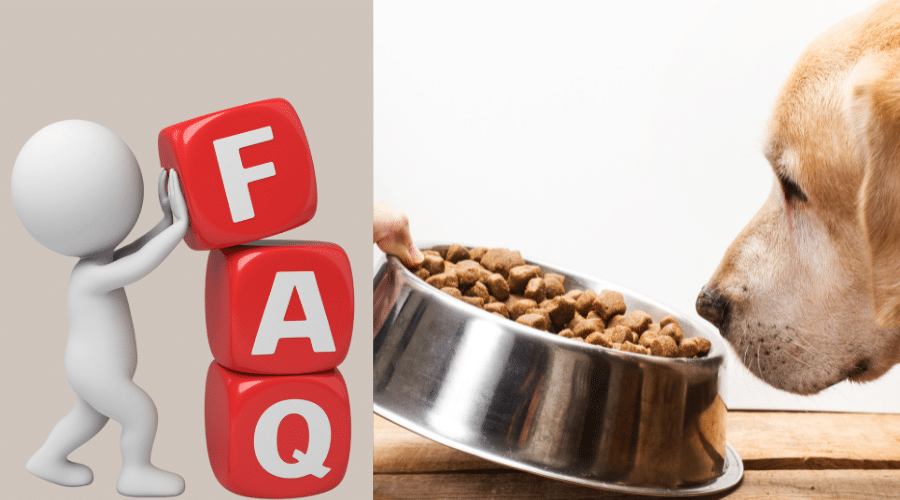
How can I tell if my dog has a food allergy?
Dogs with food allergies often experience itchy skin, hives, skin infections, ear infections, and gastrointestinal symptoms like vomiting and diarrhea. If you notice these signs, consult a vet for proper diagnosis.
What are the most common food allergens for dogs?
Some common food allergens for dogs include beef, dairy, wheat, egg, chicken, lamb, soy, pork, rabbit, and fish. Each dog is different, so an allergy test or elimination diet may be necessary to identify specific allergens.
Can food allergies be cured?
While there’s no cure for food allergies, they can often be managed effectively with a hypoallergenic or elimination diet, avoiding the identified allergens, and providing symptomatic treatment as needed.
How are food allergies diagnosed in dogs?
Food allergies are often diagnosed through an elimination diet, where specific foods are removed from the dog’s diet and gradually reintroduced to identify the trigger. Blood and skin tests can also be helpful.
How can I prevent food allergies in my puppy?
Offering a diverse diet while they are still young and their immune system is developing can be helpful. However, always consult with your vet before introducing new foods to a puppy’s diet.
Is it okay to give my dog grain-free food to avoid allergies?
Not all dogs are allergic to grains, and some may need the nutrients provided by grains. Always consult your vet before making significant changes to your dog’s diet to ensure their nutritional needs are met.
Are certain dog breeds more prone to food allergies?
Some breeds may be more genetically predisposed to allergies, including Retrievers, Dachshunds, and Cocker Spaniels. However, any dog can develop food allergies.
How can I make my home safer for a dog with food allergies?
Avoid feeding your dog human food, ensure their diet is consistent, and avoid treats or foods that could contain allergens. Consult a vet for a diet plan tailored to your dog’s specific needs and allergies.
Can dogs outgrow food allergies?
Unlike some allergies in humans, dogs typically do not outgrow food allergies. Lifelong management through diet and care is often necessary.
How is a food allergy different from food intolerance in dogs?
A food allergy triggers an immune system response, while a food intolerance is a digestive issue. Both can cause discomfort but have different symptoms and management strategies. Always consult a vet for an accurate diagnosis and treatment.
Conclusion
In wrapping up, it’s essential for pet owners to be observant and attentive to any unusual changes in their dog’s behavior or physical condition. Food allergies can manifest through various symptoms, ranging from skin conditions to gastrointestinal disturbances. Early recognition and intervention are pivotal in managing and mitigating the discomfort associated with food allergies in dogs. By understanding the signs your dog might have food allergies, seeking timely veterinary advice, and implementing appropriate dietary adjustments, you can ensure the wellbeing and comfort of your furry friend, enhancing their quality of life.
Each dog is unique, and a personalized approach, considering their specific needs and sensitivities, is always the most effective pathway to their optimal health.





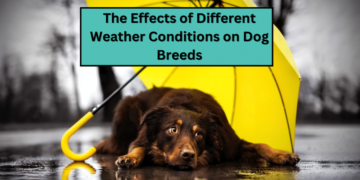

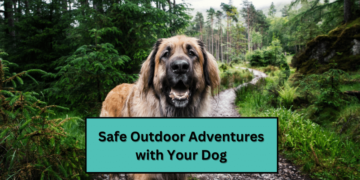
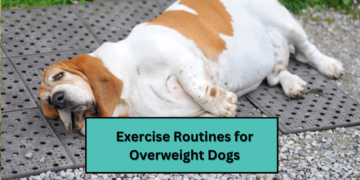

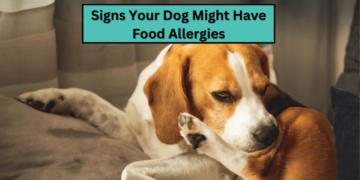

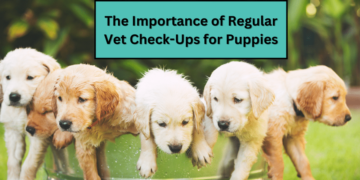
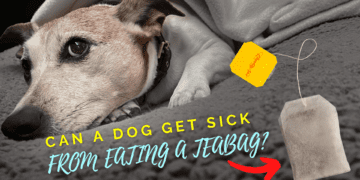

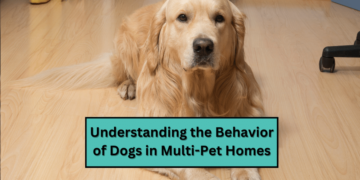
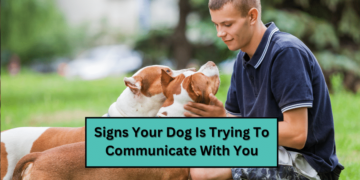
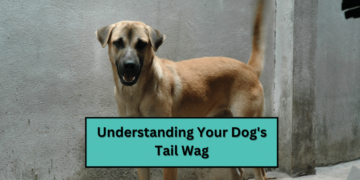

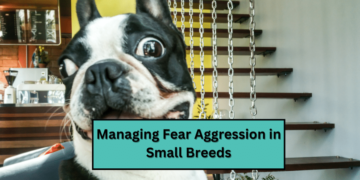
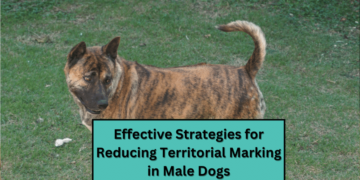
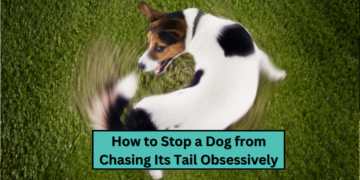

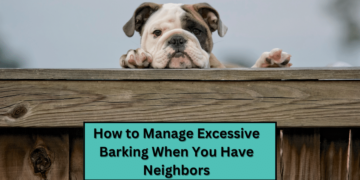


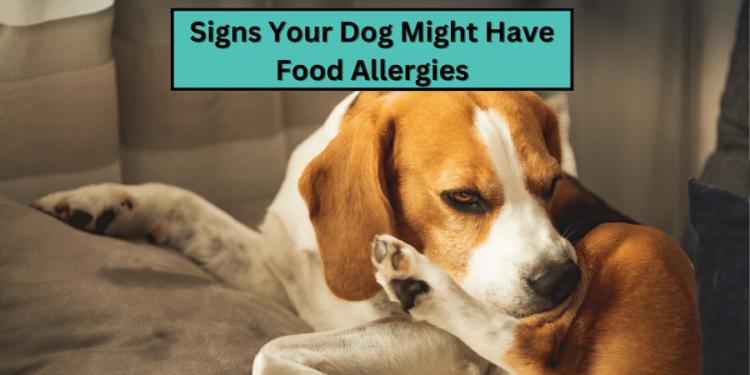

























Discussion about this post